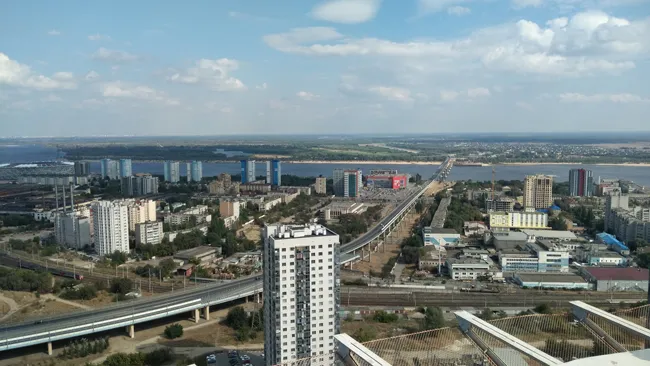A new southern bypass is planned for Yekaterinburg in the Ural mountain area of Russia.
February 27, 2012
Read time: 1 min
A new southern bypass is planned for Yekaterinburg in the Ural mountain area of Russia. The project is expected to cost up to US$721.5 million (€501 million) to construct. When complete, the bypass will connect the existing Chelyabinsk and Perm Highways. State-owned road company Avtodor will work with the local government for the Sverdlovsk Region to finalise the details of the firm building the link.






